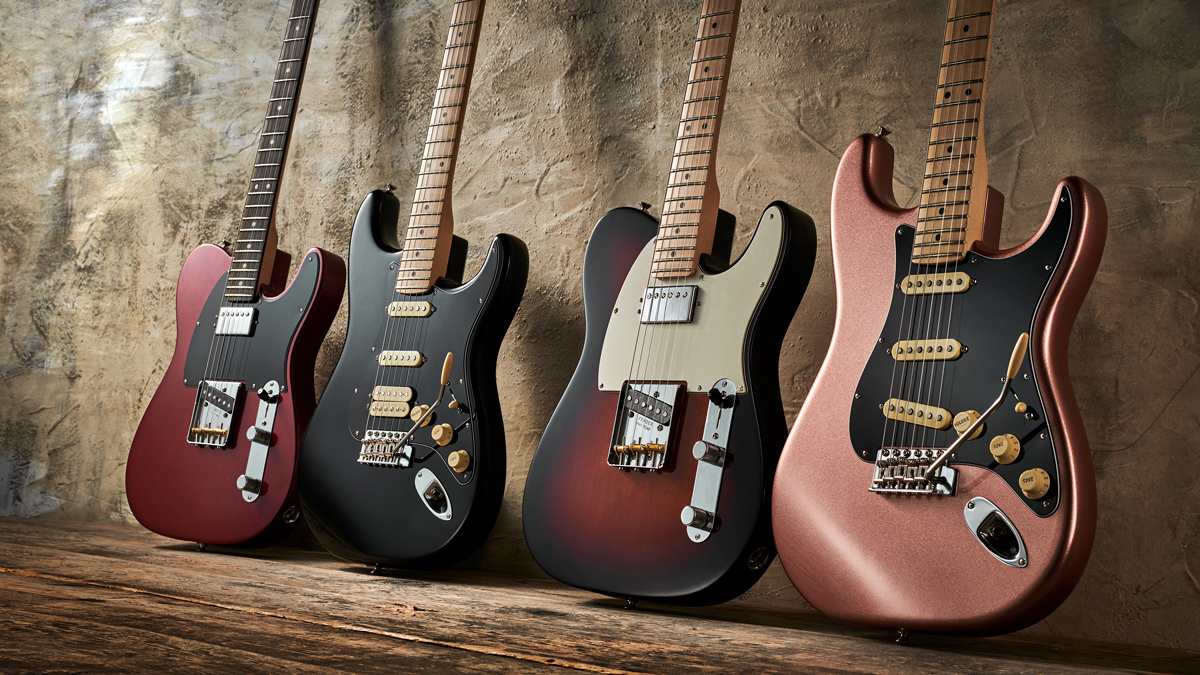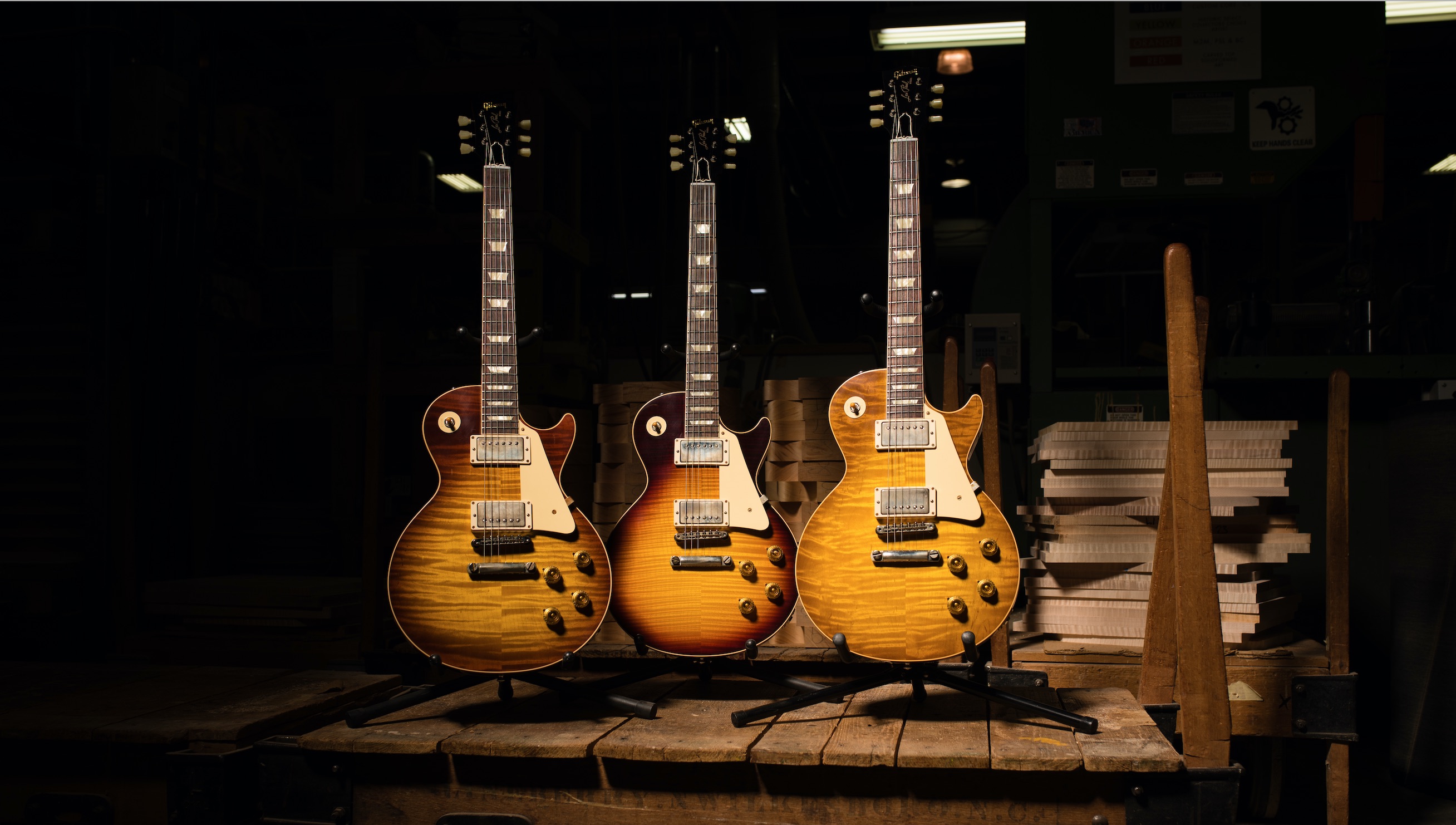Fender has sold more guitars in 2020 than any other year in its history
Gibson, Taylor, Martin and others also report pandemic sales booms, with new users turning to the guitar as “six-string therapy”

Best of 2020: It was only three years ago that the Washington Post – bolstered by the likes of Paul McCartney and legendary guitar dealer George Gruhn – declared we were witnessing the "slow death of the electric guitar."
And yet, a new article in the New York Times argues that the guitar is not only alive and well, but thriving in a way it hasn’t in years.
Fender, for starters, is experiencing a record sales year, with FMIC chief executive Andy Mooney stating that 2020 “will be the biggest year of sales volume in Fender history, record days of double-digit growth, e-commerce sales and beginner gear sales.
“I never would have thought we would be where we are today if you asked me back in March," he said.
Mooney’s last statement gets at one of the larger points of the article: the fact that the COVID-19 pandemic, which led guitar companies, like many industries, to shut down production earlier this year, was at first seen as a potential death knell in what was already a declining guitar market.
Instead, guitar sales have bounced back in a big way, with the Times reporting that "young adults and teenagers, many of them female, are helping to power this guitar revival, manufacturers and retailers said, putting their own generational stamp on the instrument that rocked their parents’ generation while also discovering the powers of six-string therapy.”
According to the article, Fender’s guitar-instruction app, Fender Play – which offered a number of free trials over the lockdown period – saw its user base increase from 150,000 to 930,000 between late March and late June, with close to 20 percent of the new users under 24, and 70 percent under 45.
Get The Pick Newsletter
All the latest guitar news, interviews, lessons, reviews, deals and more, direct to your inbox!
Additionally, new female users increased from 30 percent before the pandemic to 45 percent.
This boosted interest among new players has led to a boom for many leading guitar makers. Gibson had closed its factories in April due to the pandemic, and, said Gibson CEO James “JC” Curleigh, “When we had no production, we had no sales, let’s face it.”
But by late summer, he continued, “we literally couldn’t deliver enough. Everything we were making, we could sell.”

Martin CEO Chris Martin described the current situation as a “guitar boom,” while Taylor co-founder Kurt Listug said his company “had the biggest June, in terms of orders received, that we’ve ever had since we’ve been in business.”
Guitar Center, meanwhile, has reported triple-digit growth for most top brands on its website, and Brendan Murphy, a senior salesman at Sweetwater, said, “I’ve been in the instrument retail business for 25-plus years and I’ve never seen anything like it. It feels like every day is Black Friday.”
Whether this boom will continue post-pandemic remains to be seen. The Times reports that despite the sales bounce, overall sales of all fretted instruments dipped 2.4 percent in the second quarter of 2020 compared with last year.
However, “in dollar terms, guitar sales have grown steadily since the Great Recession of 2009,” last year topping $8 billion, and without accounting for secondhand purchases on Reverb, eBay and the like, indicating that “the public’s interest in fretted instruments has never been greater,” according to Music Trades publisher Paul Majeski. Promising news, indeed.
- Looking for a new Tele? These are the best Telecasters right now
- An the best Fender Stratocasters for all budgets
Rich is the co-author of the best-selling Nöthin' But a Good Time: The Uncensored History of the '80s Hard Rock Explosion. He is also a recording and performing musician, and a former editor of Guitar World magazine and executive editor of Guitar Aficionado magazine. He has authored several additional books, among them Kurt Cobain: Montage of Heck, the companion to the documentary of the same name.










